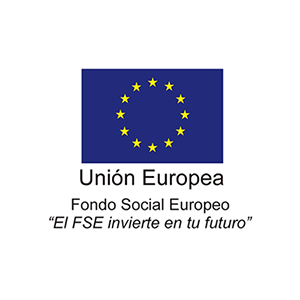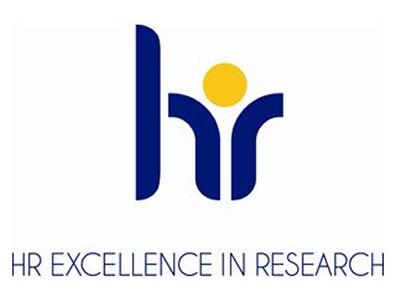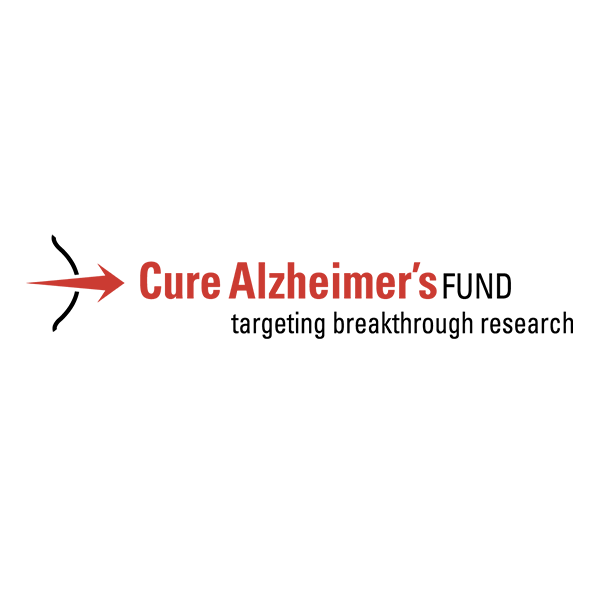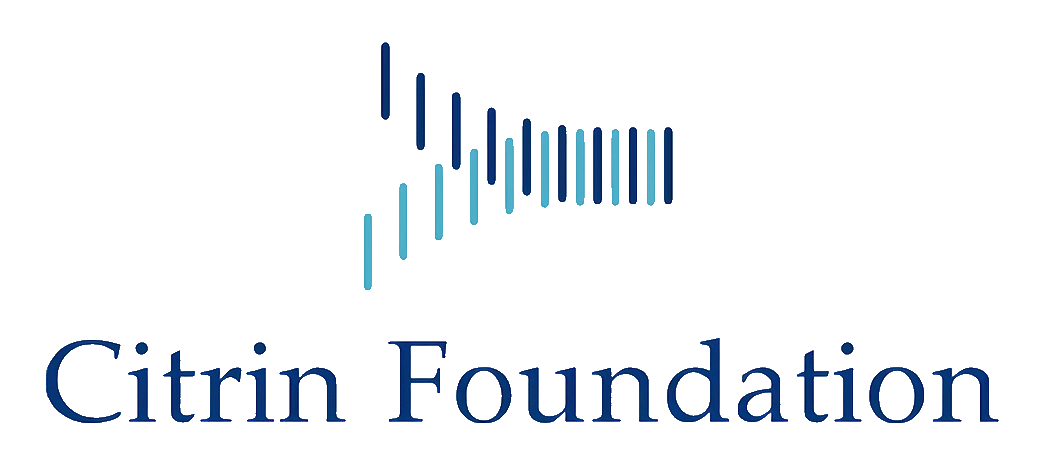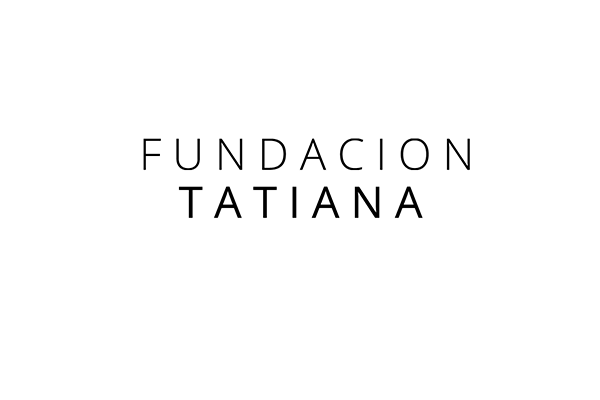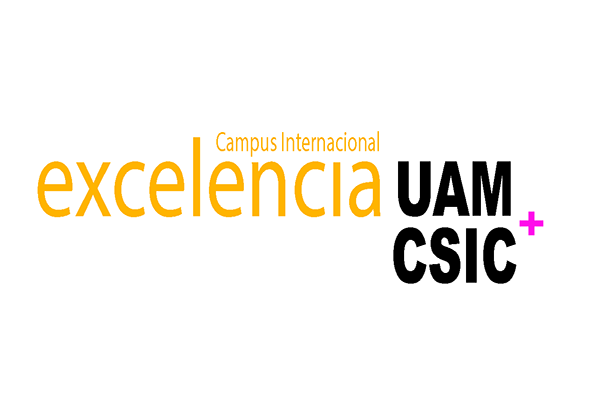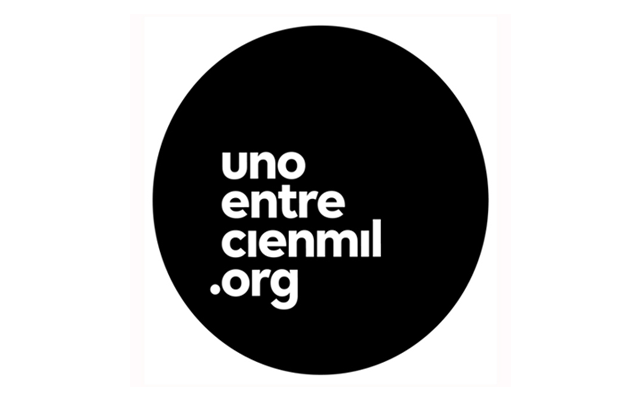Intracellular Signalling in Inflammatory Processes
Research summary:
The incidence of inflammatory and autoimmune diseases has increased in the last 30 years, particularly among developed countries. Thus, there is a need for the development of novel therapies to treat these pathologies. Interleukin 23 (IL-23) is a pro-inflammatory cytokine whose excessive production plays a fundamental role in the development of several inflammatory diseases such as Crohn's disease, ulcerative colitis, multiple sclerosis and psoriasis. The pathological consequences of excessive IL-23 signalling have been linked to its ability to promote effector functions of distinct populations of T lymphocytes: CD4 helper subset Th17 and the TCRγδ T17γδ. Despite the prominent role described for IL-23 in inflammatory diseases, the precise molecular mechanisms by which IL-23 induces pathogenic functions on T lymphocytes remain largely unknown. Our lab is interested in the characterisation of the signalling network triggered by IL-23 using novel techniques such as large-scale quantitative proteomics and phosphoproteomic approaches to uncover novel mediators of IL-23 actions. The underlying aim of this strategy is the development of novel therapeutic tools based on the interference with intracellular signalling pathways. Currently, we are characterising novel signalling mediators that link IL-23 with processes such as cell migration and metabolism. Our work extends beyond the identification of potential targets, and combines pharmacological and genetic approaches to determine the contribution of specific signalling mediators in murine models of IL-23-mediated inflammatory pathologies.
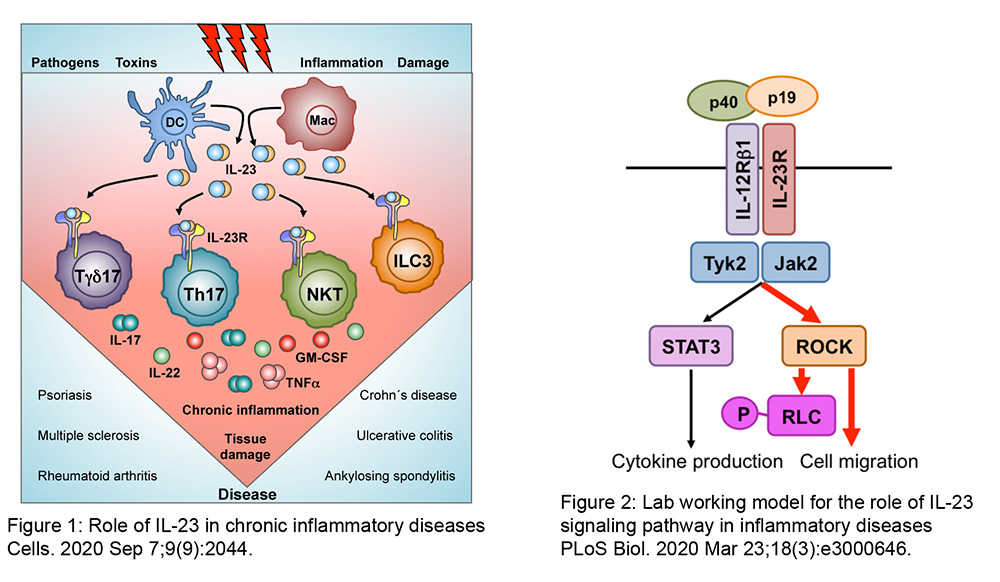
3D animated video: How does IL-23 signaling cascade promote the development of inflammatory diseases? Psoriasis, multiple sclerosis and inflammatory bowl diseases. Cells 2020 Sep 7;9(9):E2044, PMID: 32906785. PLoS Biol. 2020 Mar 23;18(3):e3000646, PMID: 32203518.
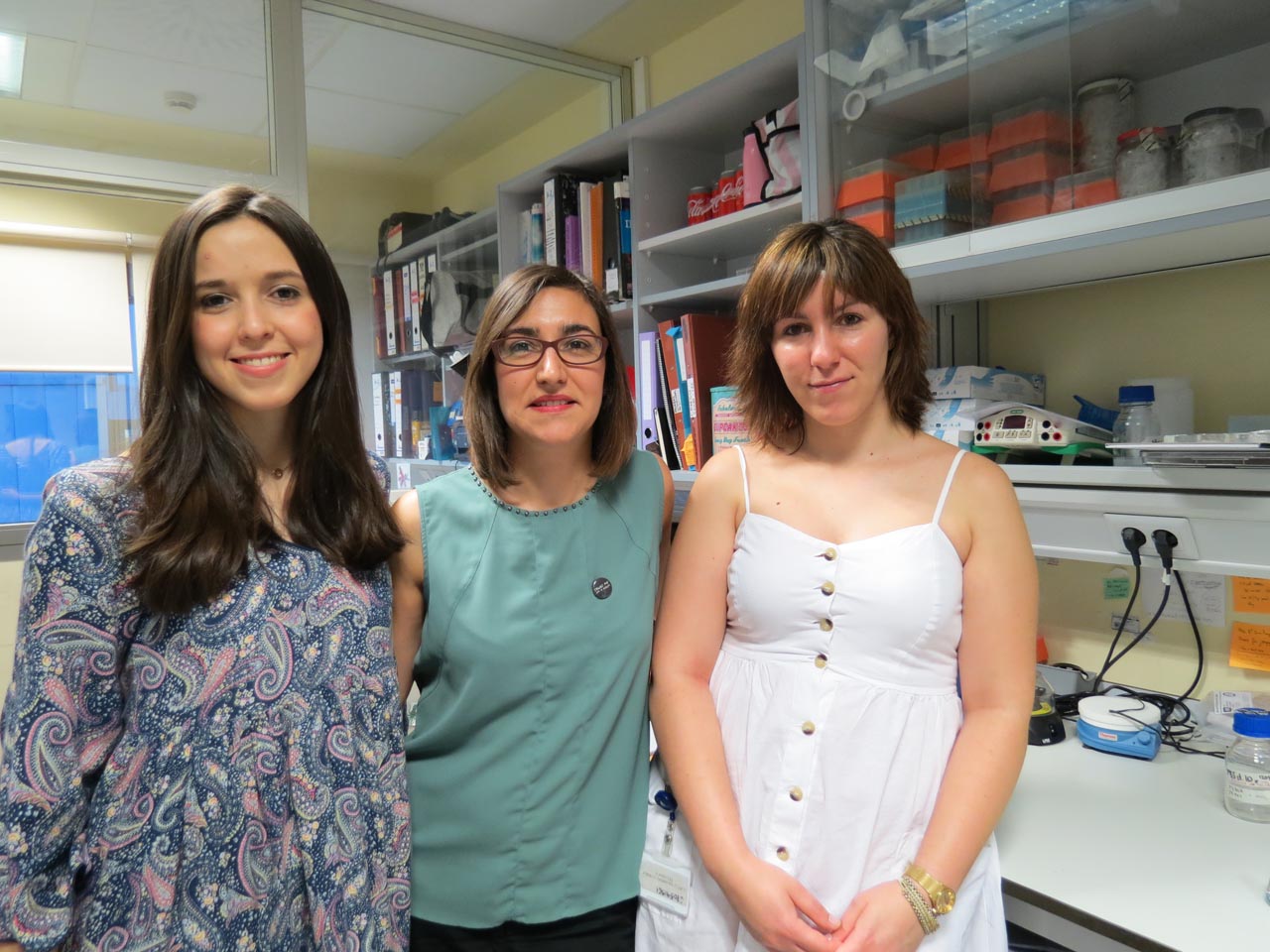
| Last name | Name | Laboratory | Ext.* | Professional category | |
|---|---|---|---|---|---|
| Cayuela Gracia | Ignacio | 227 | 4546 | Estudiante TFM | |
| Fraile Rodríguez | Rebeca | 227 | 4546 | Estudiante TFG | |
| Navarro Lobato | María de las Nieves | 114.3 | 4453 | marian.navarro(at)cbm.csic.es | E.Científicos Titulares de Organismos Públicos de Investigación |
| Santiago Yebra | Jorge | 227 | 4546 | jsantiago(at)cbm.csic.es | M3 Predoc.formación |
Relevant publications:
- Nicotinamide adenine dinucleotide metabolism in the immune response, autoimmunity and inflammageing.
Navarro MN*, Gómez de Las Heras MM, Mittelbrunn M*. (*co-corresponding authors)Br J Pharmacol. 2022 May;179(9):1839-1856. doi: 10.1111/bph.15477. Epub 2021 May 12. PMID: 33817782 Free PMC article. Review. - Mutation of the Polyproline Sequence in CD3ε Evidences TCR Signaling Requirements for Differentiation and Function of Pro-Inflammatory Tγδ17 Cells. Borroto A, Alarcón B, Navarro MN. Front Immunol. 2022 Mar 31;13:799919. doi: 10.3389/fimmu.2022.799919. eCollection 2022. PMID: 35432331
- Decoding IL-23 Signaling Cascade for New Therapeutic Opportunities. Pastor-Fernández G, Mariblanca IR, Navarro MN. Cells. 2020 Sep 7;9(9):E2044. doi: 10.3390/cells9092044. PMID: 32906785 Review.
- Álvarez-Salamero C, Castillo-González R, Pastor-Fernández G, Mariblanca IR, Pino J, Cibrian D, Navarro MN. IL-23 signaling regulation of pro-inflammatory T-cell migration uncovered by phosphoproteomics. PLoS Biol. 2020 Mar 23;18(3):e3000646. doi: 10.1371/journal.pbio.3000646. eCollection 2020 Mar. PMID:32203518.
- Álvarez-Salamero C, Castillo-González R, Navarro MN. Lighting Up T Lymphocyte Signaling with Quantitative Phosphoproteomics. Front Immunol. 2017 Aug 9;8:938. doi: 10.3389/fimmu.2017.00938. eCollection 2017. Review. PubMed PMID: 28848546; PubMed Central PMCID: PMC5552657.
- Navarro MN, Feijoo-Carnero C, Arandilla AG, Trost M, Cantrell DA. Protein kinase D2 is a digital amplifier of T cell receptor-stimulated diacylglycerol signaling in naïve CD8⁺ T cells. Sci Signal. 2014 Oct 21;7(348):ra99. doi: 10.1126/scisignal.2005477. PubMed PMID: 25336615; PubMed Central PMCID: PMC4768351.
- Navarro MN, Goebel J, Hukelmann JL, Cantrell DA. Quantitative phosphoproteomics of cytotoxic T cells to reveal protein kinase d 2 regulated networks. Mol Cell Proteomics. 2014 Dec;13(12):3544-57. doi: 10.1074/mcp.M113.037242. Epub 2014 Sep 29. PubMed PMID: 25266776; PubMed Central PMCID: PMC4256504.
- Navarro MN, Cantrell DA. Serine-threonine kinases in TCR signaling. Nat Immunol. 2014 Sep;15(9):808-14. doi: 10.1038/ni.2941. Review. PubMed PMID: 25137455.
- Navarro MN, Goebel J, Feijoo-Carnero C, Morrice N, Cantrell DA. Phosphoproteomic analysis reveals an intrinsic pathway for the regulation of histone deacetylase 7 that controls the function of cytotoxic T lymphocytes. Nat Immunol. 2011 Apr;12(4):352-61. doi: 10.1038/ni.2008. Epub 2011 Mar 13. PubMed PMID: 21399638; PubMed Central PMCID: PMC3110993.

